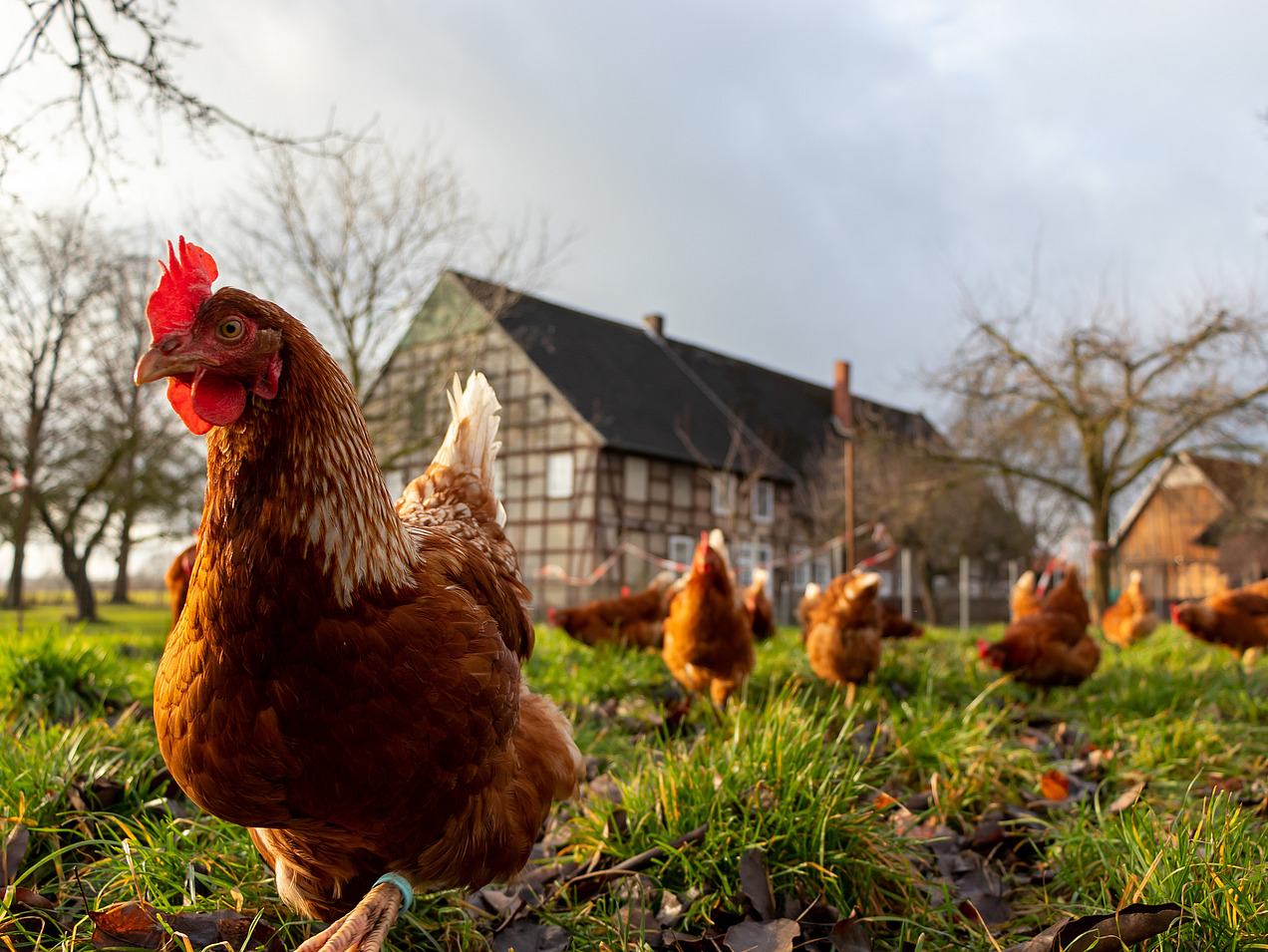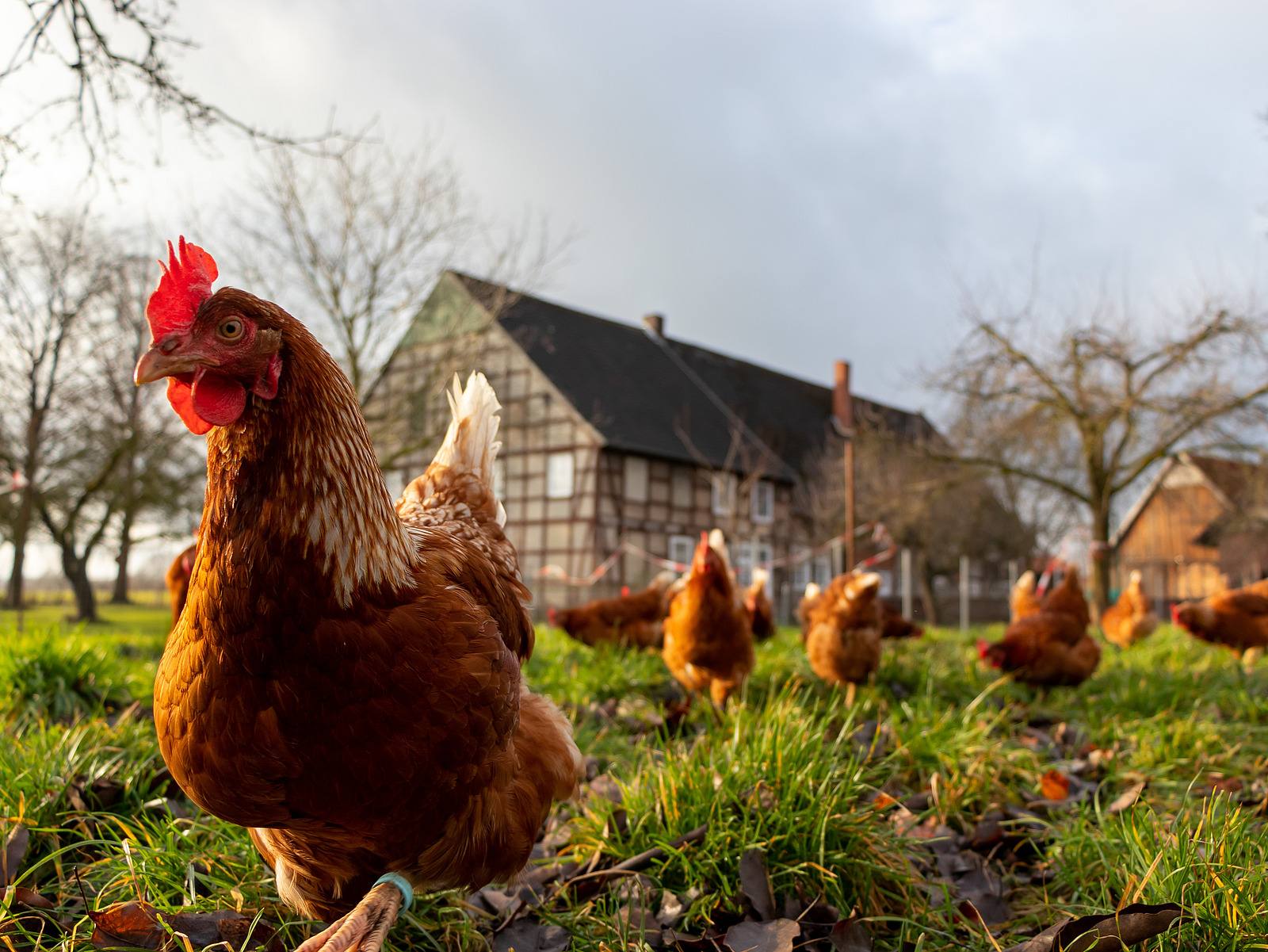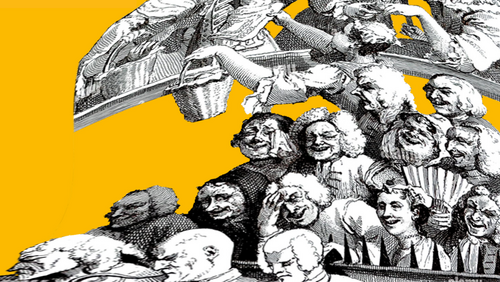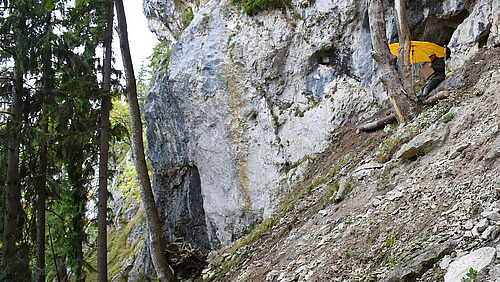It is funded with around € 250,000 by the Ministry of Science and Culture and the Volkswagen Foundation as part of the zukunft.niedersachsen funding program.
The project Transformation Conflicts in Agriculture (TRAKONLA) deals with the social and spatial dynamics of socio-ecological conversion conflicts using the example of agriculture. Such conflicts occur more frequently when people feel that they are not only losing out economically as a result of the transformation, but that their way of life and identity are also being called into question. "These conflicts can hinder urgently needed ecological changes and even undermine the legitimacy of climate policy and the political system as a whole," explains Prof. Dr. Hajo Holst from the Institute of Social Sciences.
"For several reasons, agriculture is a particularly relevant subject for studying the social and spatial dynamics of transformation conflicts," adds Prof. Dr. Martin Franz from the Institute of Geography. The sector is a central field for achieving sustainability goals, in particular for ensuring food security, climate protection, the preservation of biodiversity and the protection of water and resources. At the same time, as the protests in the winter of 2023/24 showed, the socio-ecological transformation conflicts in agriculture have long since begun. "Many farmers feel materially and symbolically marginalized by society," explains Franz. The disputes over the future of agriculture are closely linked to the general structural change in rural areas - which is why TRAKONLA also analyzes the spatial dimension of the protests.
In order to investigate the dynamics of these conflicts in agriculture, the researchers are using a combination of different methods: a quantitative survey of farmers is combined with regional case studies. The Germany-wide quantitative survey will be used to analyze the different perspectives and perceptions of farmers on the sustainability transformation, agricultural policy and the associated structural changes in agriculture as well as their influence on the willingness to protest. In this context, spatial factors and the diversity of views within agriculture will also be examined. Both individual and spatial factors that shape attitudes will be taken into account. "The regional case studies in Lower Saxony, Baden-Württemberg and Brandenburg make it possible to compare social conflicts and their dynamics in different contexts and to examine the repercussions of the protests on the transformation perspectives of farmers," says Prof. Holst. The spatial framework conditions and specific regional challenges will be given particular consideration in order to deepen our understanding of the varying effects of socio-ecological transformation processes.
"Our project closes a gap in socio-ecological transformation research by focusing on the spatial dimension of conflicts," says Prof. Franz. At the same time, it contributes to social science agricultural research by comprehensively analyzing the perspectives and concerns of farmers. However, the results of the study should not only contribute to the scientific discussion, but also provide practical recommendations for those involved in agriculture. "We hope that our findings will trigger a critical reflection on the goals and measures of agricultural policy and thus contribute to shaping the transformation in agriculture in a way that combines ecological goals with social justice in rural areas," explains Prof. Holst.
Further information for editorial offices:
Prof. Dr. Hajo Holst, Osnabrück University
Institute of Social Sciences
Haholst@uos.de
Prof. Dr. Martin Franz, Osnabrück University
Institute of Geography
martin.franz@uos.de





